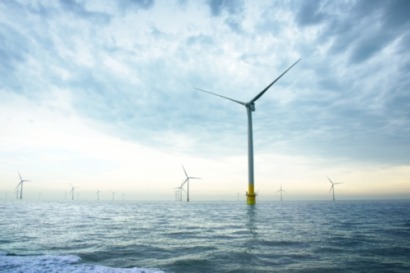
Equinor previously announced reduced activity in the project due to technical, regulatory, and commercial challenges to the project.
"We appreciate all the positive response towards Trollvind from politicians, suppliers, and authorities. Trollvind was a bold industrial plan to solve pressing issues concerning electrification of oil and gas installations, bringing much needed power to the Bergen-area, while accelerating floating offshore wind power in Norway. Unfortunately, we no longer see a way forward to deliver on our original concept of having an operational wind farm well before 2030,” says Siri Espedal Kindem, vice president of renewables Norway.
Behind the decision of putting Trollvind on hold are several challenges facing the broader offshore wind industry. Rising costs have challenged the original concept that Trollvind would not require any financial support and it is no longer a commercially sustainable project.
Furthermore, changes in the technical solutions due to preferred technology not being available has made the concept less viable. Finally, time was always going to be a challenge with the proposed timeline, and despite all the big effort it has not been possible to mature Trollvind to the level needed to go forward at this time.
As Equinor has taken this decision the company is also looking forward. Its ambition is still to lead in building an offshore wind industry in Norway. The knowledge and learning from working on Trollvind will be applied to other projects as Equinor remain committed to developing floating offshore wind power at Utsira Nord and outside Norway.

